How does the response of business to the big sustainability challenges we face measure up to what is needed to make a more hopeful future possible?
In November 2021, Forum for the Future launched the Business Transformation Compass, a new tool to help and challenge business leaders looking to drive ambitious change at the next edge of sustainability.
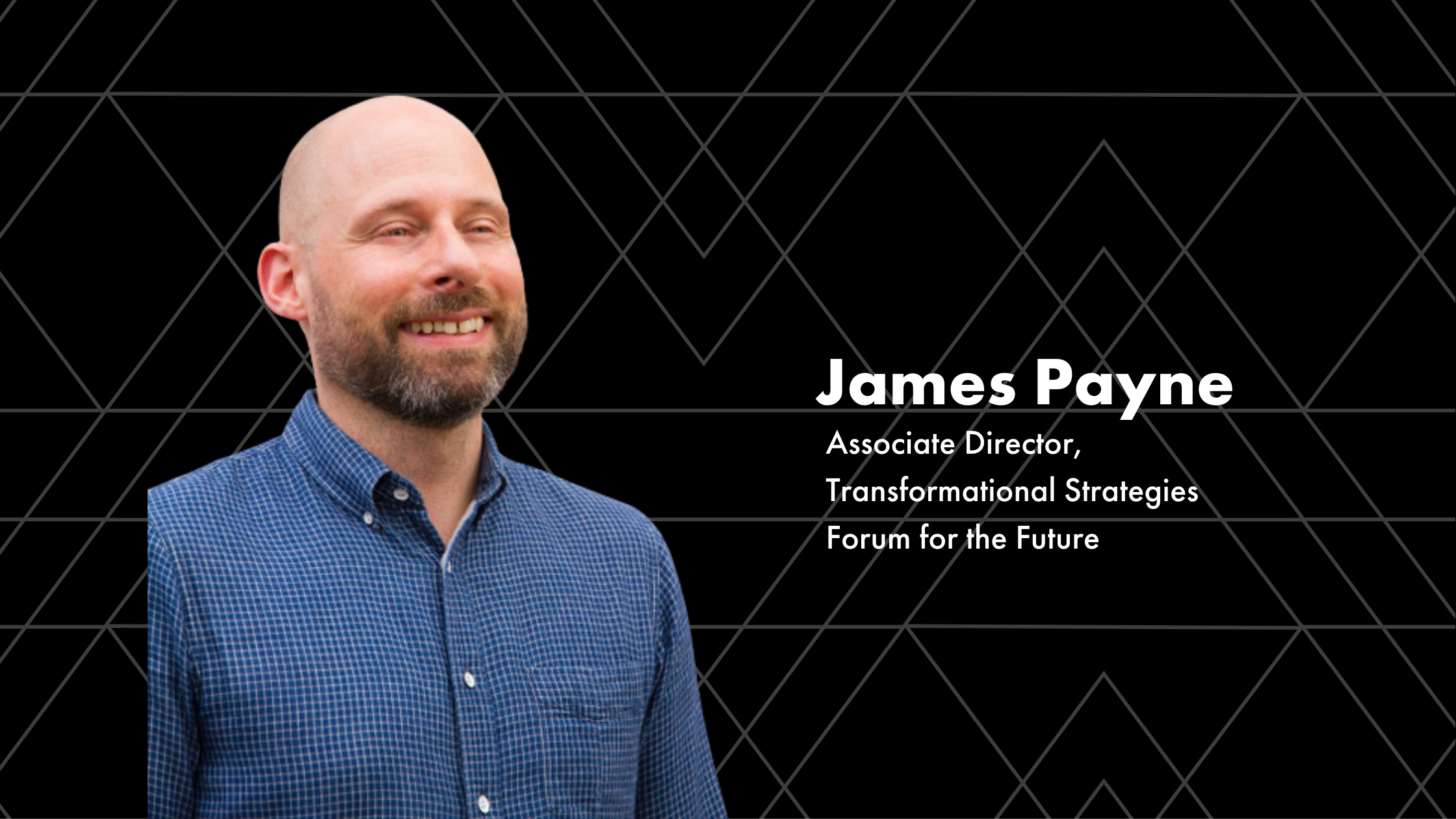
Three months on and as part of Looking Back to Go Forward, James Payne, Forum’s Associate Director for Transformational Strategies, shares insights on how the Compass has landed and the implications for business leaders wanting to adopt a just and regenerative mindset.
Forum for the Future’s recent Compass for Just and Regenerative Business report was inspired by the gap between how businesses are responding to the multiple challenges humanity faces – from spiraling inequality to climate breakdown and nature in crisis – and what’s actually needed to credibly address them.
Earlier in this Future of Sustainability series, Johan Rockstrom emphasised this gap, recognising that we are doing better than before on climate change, but so far, falling significantly short of what’s needed. He poignantly puts it as us coming ‘to the end of the road’.
Too often we see even the most ambitious net-zero strategies completely missing the key unlock of tackling climate justice, instead creating silos where social impact is managed separately from environmental impact as if they are not intimately related. In other places we see sticking plaster solutions that ignore the deeper systemic roots of problems.
It’s clear we need to reset our ambition, viewing even net zero not as our destination but as a milestone en route to something more ambitious: a just and regenerative future.
Forum believes that to create this future, businesses need to rise to today’s challenges in ways that build the capacity of communities and landscapes to increase positive impacts in a self-sustaining way over time. This requires a different way of thinking and acting; only then can we unlock the rapid transformation we need. Embracing this shift is central to the Compass, which launched in November, and initial reactions to it are helping us learn more about the implications for business leaders.
But first, some background. Working with business, we set out to create a guide that would be both visionary and stretching, but also grounded and practical. Specifically we aimed for three things:
1. Define what an authentically just and regenerative approach from business is, setting a high bar
A just and regenerative approach is defined as one that: embraces the power of nature to renew and regenerate, understands that humans are a fundamental part of nature, and respects everyone’s universal rights and potential to thrive.
The reaction to this has been overwhelmingly positive. People welcome the ‘guiding star’ of justice and regeneration and the list of outcomes a business adopting a just and regenerative approach would aim for. The elements of this definition – such as human rights being universally respected and social and environmental systems thriving – are hard to argue against, and land with people intuitively. While very stretching, this ambitious vision is usually not rejected.
2. Highlight four business mindsets and share a ‘business transformation compass’ to navigate them
The Compass shares four levels of action a business can take. But more important than the level of action is the mindset or intent that guides it. The four mindsets we commonly encounter in business are risk mitigation, zero harm, do good, and just and regenerative.
Rather than working through these mindsets sequentially, we strongly recommend making the critical shift to adopting a just and regenerative mindset now, no matter the dominant mindset a business has had to date.
This is because a just and regenerative mindset, guiding your actions, unlocks the potential for an enhanced response at all four levels.
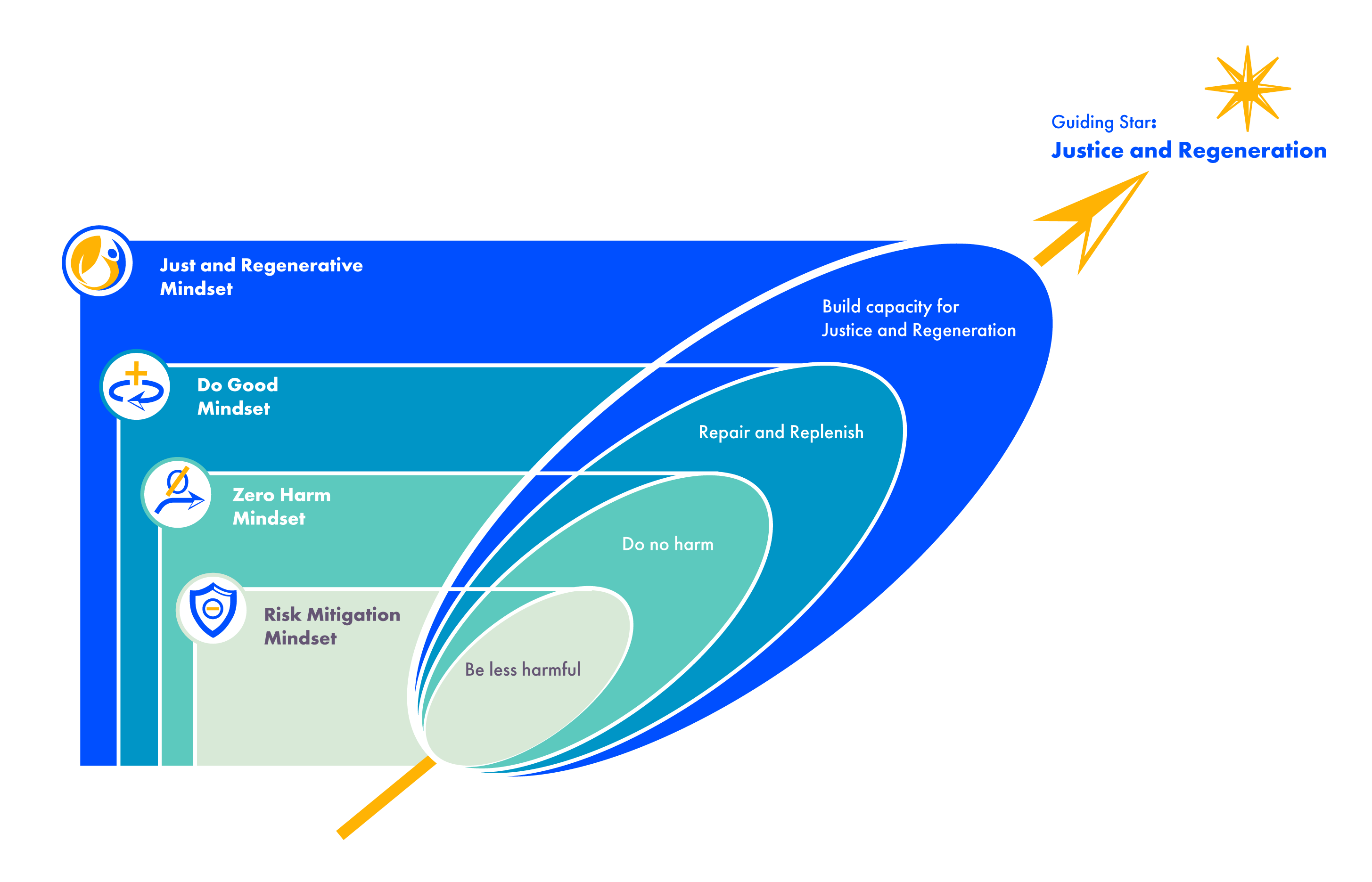
The focus on mindsets has been welcomed as a distinctive value of the Compass, but it is also challenging to translate into practice.
The implication of the Compass is that superficially adopting a few new practices or principles such as moving to regenerative agriculture or strengthening diversity, equity and inclusion training is not enough. But for business leaders, explaining a new and different mindset and way of thinking is really difficult.
Forum finds it hard to convey and business partners find it hard to translate. On the one hand you risk using specific language or jargon that is accurate, but hard to understand; on the other hand, if you make it feel too similar to current ways of thinking and acting it becomes watered down and ineffective at creating the deeper change needed.
A further challenge is that asking experienced professionals (who have often based their success around understanding and operating in one business mindset) to shift to a new and different one – complete with new language and concepts – could be alienating or even threatening. To avoid eliciting a negative response, it is important to manage people’s expectations and let them know that this thinking is meant to be challenging and that that’s okay.
We now introduce the Compass to new audiences saying ‘expect to be challenged. If this makes you feel a bit uncomfortable, that’s fine’.
3. Make the shift to a just and regenerative mindset more tangible by providing guidance on specific ‘critical shifts’
Forum felt that a lack of specific and accessible guidance for people who want to embrace a just and regenerative approach to business was an obvious blocker to adoption. So supplementary ‘critical shifts’ guidance covers seven typically material sustainable development issues (such as decent work, human rights and climate) and eight key business functions (such as procurement, HR and finance).
Many on social media commented positively about how the report delivered this. But, and this is a big but….
…getting specific means thinking about more fundamental issues impeding transformation. It’s easy to agree with the high-level guiding star principles such as the aim of human rights being respected universally, and resilience and vitality across generations and geographies being supported. But when the specific guidance gets into how your procurement function needs to work differently to share value more fairly across your supply chain, it starts to raise questions of costs, margins and moving from short-term to long-term profit maximisation. We have not found many business leaders ready to interrogate these.
In turn, these tough questions lead to other questions about purpose, ownership structure and more fundamental design of the business. These are simply not up for discussion in most business contexts, but will become increasingly important if we are to unlock the transformation needed.
One of the critical shifts covers the ‘corporate affairs’ function, as how business influences their own operating context is core to the next edge of sustainability. When I’ve raised this with businesses in the past, there’s often a reaction of denying any agency at all –
“we just need regulation”; “we can’t create change on our own”; “it’s up to governments”. Now, that attitude is beginning to shift. On climate mitigation in particular, businesses are stepping up their role to influence policy.
Implications for leaders
For business leaders in the 2020s, operating at this next edge of sustainability looks and feels very different. Our recommendations are:
- Embrace a stretching and challenging but also hopeful vision
- Celebrate the urgent and difficult work to reach net zero, but see net zero as a milestone not a destination, an essential point in creating a thriving and fair future
- Join the dots between social and environmental issues, particularly when it comes to fair value distribution for workers and other stakeholders across a business’ value network
- Focus on the health of your operating context, not just the health of your business, and recognise this requires a new way of thinking and acting
- Be prepared for how different it is to adopt a regenerative mindset: even short-term problem solving or risk mitigation looks different
- As you get into specifics, be willing to address crunchy issues about how core business drivers might block change
- Don’t wait. The shift to a just and regenerative mindset can be made today; it shouldn’t be something that’s seen as a future goal
- Adopting a new mindset can happen in a flash of inspiration or slowly over time, but the important thing is to expose yourself to visionaries and diverse resources that can help us to see the world with new eyes.
This will be an exciting learning journey for those who want to explore the next edge of sustainability.
Forum is already sharing this thinking with many organisations through talks and workshops and by road-testing the Compass together. We’re developing the guidance further, particularly around the critical shifts and the policy advocacy approaches needed. And we’re building out our thinking about the deeper shifts required in businesses to make a hopeful future possible.
Why not join us on this journey, and be one of the people who helps to blaze a trail towards a just and regenerative future?
Watch this space
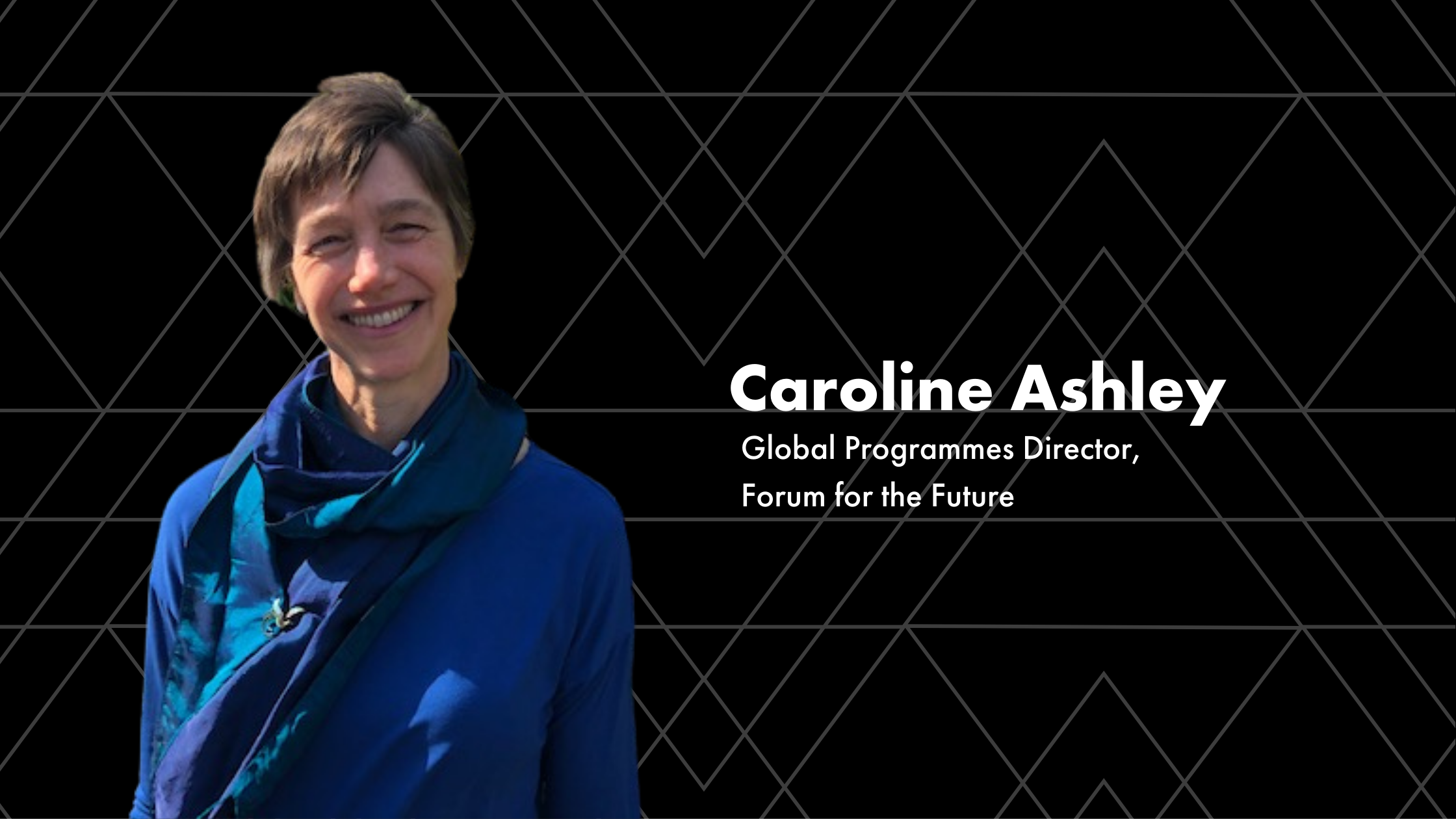
The next in our Future of Sustainability: Looking Back to Go Forward series sees Caroline Ashley, Forum’s Global Programmes Director, explore the latest innovations in finance that could help pave the way to a more sustainable future.
About the Future of Sustainability: Looking Back to Go Forward
Produced by international sustainability non-profit, Forum for the Future, the Future of Sustainability: Looking Back to Go Forward is a unique opinion and commentary series set to explore lessons learned from the last 25 years in the sustainability movement and what they mean for the future.
Based on new and exclusive insights from diverse voices across the sustainability movement, we’ll examine where we have succeeded and where we have failed in creating real change. We’ll consider how the world is responding to today’s multifaceted challenges and opportunities, and what pivots might be needed if we’re to deliver at scale and pace. Lastly, we’ll look forward – exploring how we can reframe the goals of the system, reset our ambition, and encourage the adoption of new mindsets and approaches critical to creating what’s really needed: a truly just and regenerative future.
With thanks to our partners
Looking Back to Go Forward was made possible thanks to the generous support from our partners: Laudes Foundation, GSK Consumer Healthcare, Target, M&S, Capgemini, Bupa, 3M, the Cosmetic Toiletry & Perfumery Association (CTPA), Burberry, Olam Food Ingredients, and in particular our headline sponsor, SC Johnson

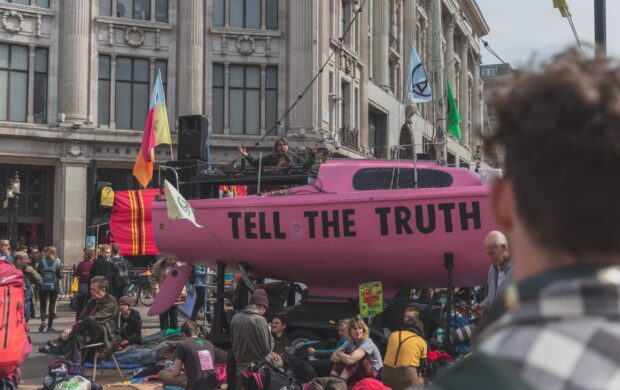

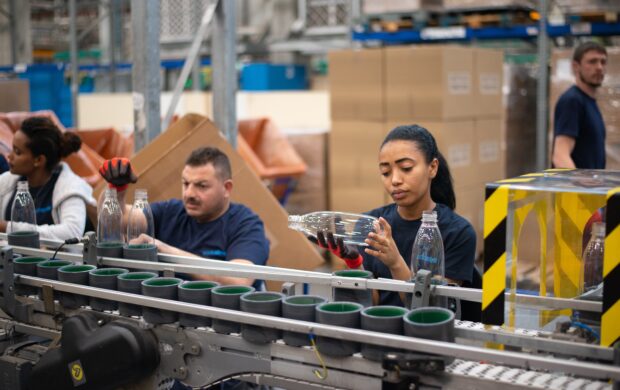
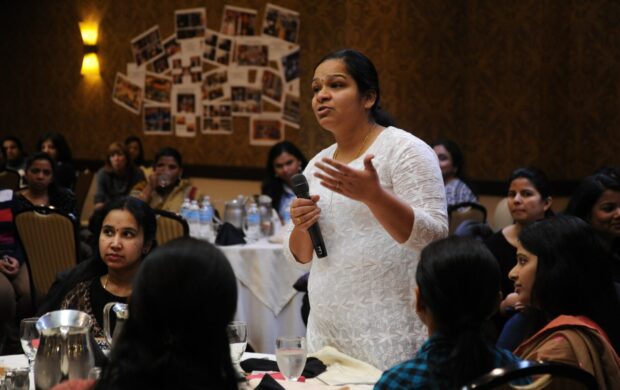
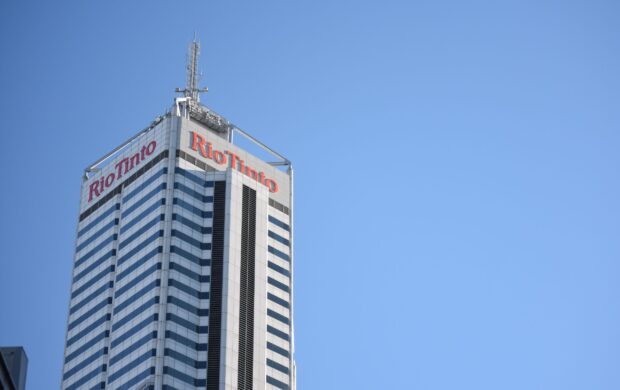











Join discussion